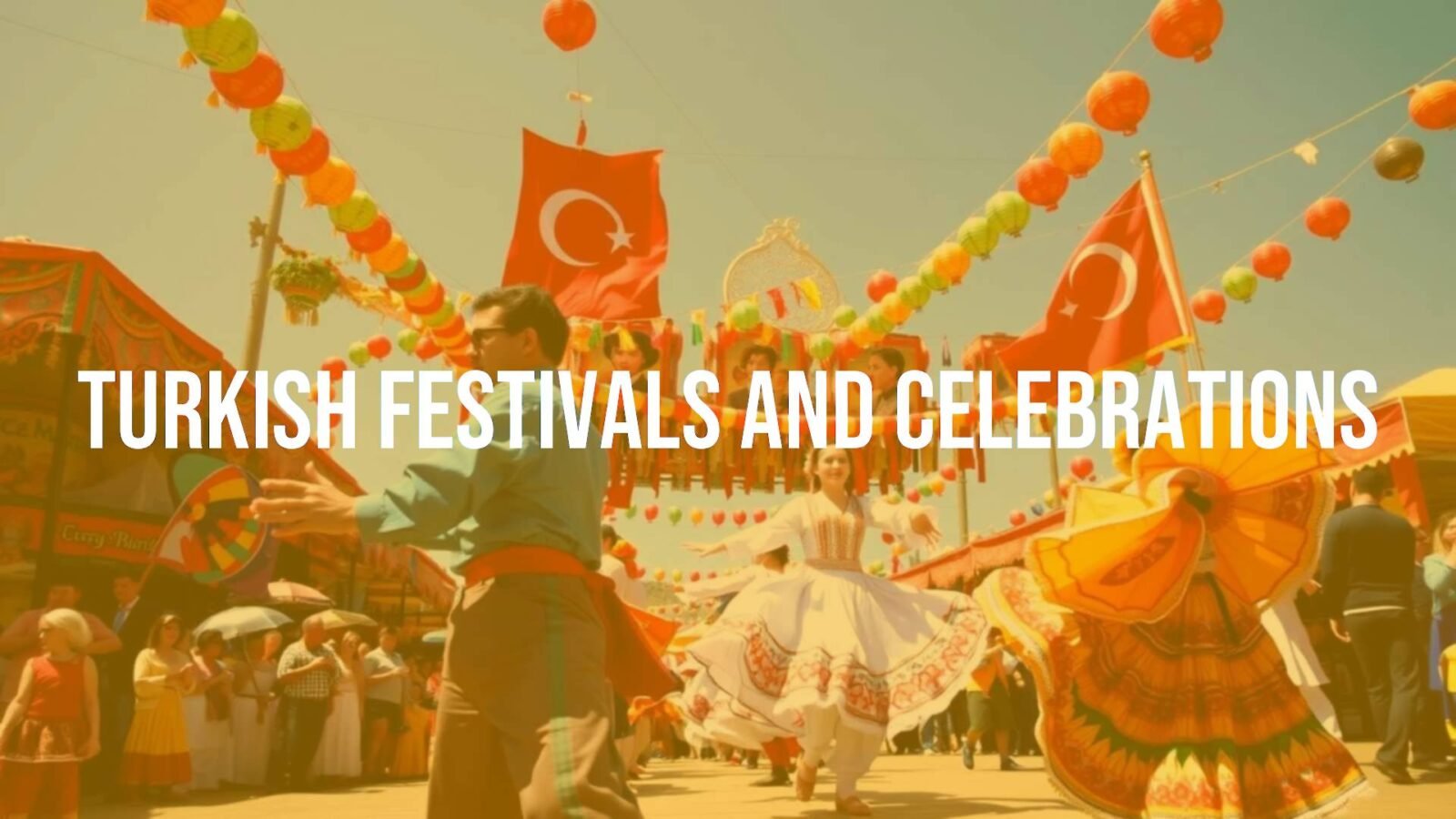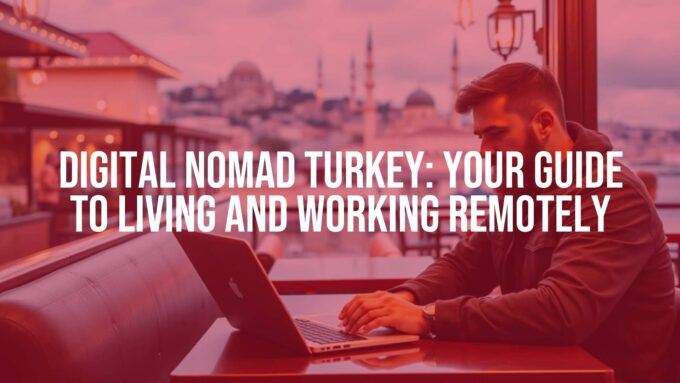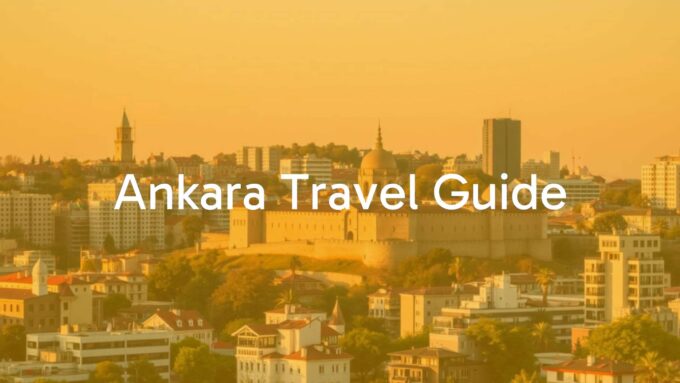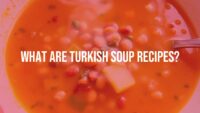Turkish festivals and celebrations are lively, colorful gatherings that show off the country’s long history and traditions. These events are more than just calendar dates; they are an important part of Turkish identity. From ancient sports to new music events, Turkish festivals bring people together to experience shared moments, attracting both locals and travelers who want to see authentic Turkish culture up close.
What Are Turkish Festivals and Celebrations?
Turkish festivals and celebrations are events that bring communities together to remember important moments, respect the past, or simply enjoy each other’s company. These events can be both serious and joyful, each showing a different part of Turkey’s culture. They are not just for show-these are real traditions that link people across generations and keep important customs alive.
Cultural Importance of Turkish Festivals
Turkish festivals are key to keeping traditions, music, dances, stories, and food from being forgotten. Through songs, dances, special clothes, and shared meals, these celebrations bring people together and help everyone feel connected. They show Turkey’s old roots, drawing on Greek, Armenian, Georgian, and Arabic influences-making Turkish culture unique.
Main Types of Festivals: National, Religious, and Folk
There are many types of festivals in Turkey:
- National festivals remember big moments in Turkey’s history, often with a strong sense of pride.
- Religious festivals are mostly Islamic and are celebrated with prayer and community activities.
- Folk festivals honor old traditions, farming cycles, or special local customs, showing the variety found across Turkey’s regions.

Beyond these, cities like Istanbul, Ankara, İzmir, and Antalya also hold many art and music festivals, showing Turkey’s modern creative side.
Which National Holidays Are Celebrated in Turkey?
Turkey’s national holidays are celebrated with pride. These days often bring parades, official ceremonies, and closures of many public places. Understanding these holidays helps in learning about Turkey’s story and what its people value.
| Holiday | Date | Main Events |
|---|---|---|
| Republic Day | October 29 | Largest celebrations in Ankara; streets filled with flags; parades and performances. |
| Victory Day | August 30 | Ceremonies, military parades, red and white decorations, ceremonies at Atatürk’s Mausoleum. |
| Children’s Day | April 23 | Kids’ performances, parades, children take symbolic roles as officials. |
| Youth and Sports Day | May 19 | Sports events, youth parades, and celebrations focused on Atatürk’s memory. |
What Are the Main Religious Festivals in Turkey?
Turkey, having a mostly Muslim population, observes several important religious holidays. These occur at different times each year, according to the Islamic calendar. These festivals bring families and communities together for prayers, meals, and acts of charity.
Ramazan Bayramı (Eid al-Fitr)
This festival, called the “Sugar Holiday” in Turkey, marks the end of Ramadan, the month of fasting. For three days, families visit each other, exchange gifts and sweets, and share special foods. Mosques are full, especially at night. Before Ramazan ends, families may visit cemeteries to remember loved ones. The atmosphere is friendly, with lots of food, music, and sometimes puppet shows. Restaurants are busy and it’s wise to book ahead.
Kurban Bayramı (Eid al-Adha)
Lasting four days, this festival remembers Abraham’s willingness to sacrifice his son. Families that can afford it sacrifice an animal, and the meat is shared with family, friends, and especially the needy. It is a time of generosity and togetherness. Like Ramazan, travel and restaurants are crowded, so early planning helps.

How Do Turkish Folk Festivals Keep Traditions Alive?
Folk festivals in Turkey are ways for people to keep old customs going. Often older than national or religious events, they show the local character and past of different regions in Turkey.
Hidirellez: Welcoming Spring
This early May festival welcomes spring, with people gathering, playing music, jumping over fires for good luck, and making wishes by tying fabrics to trees or throwing papers and stones into water. Traditional foods are also served.
Kirkpinar Oil Wrestling Festival
Held in Edirne every June, this is one of the world’s oldest sports festivals. Wrestlers, known as “pehlivans”, cover themselves in olive oil, wear leather pants, and try to pin each other to the ground. The festival features music, dance, and food, with the winner earning a golden belt.

Mesir Paste Festival
Held in Manisa in March, this festival remembers Hafsa Sultan’s recovery from illness. People gather at the mosque to catch sweet paste (made with 41 herbs) thrown from the roof. Catching one is thought to bring good luck. There’s also music and theatre.
Camel Wrestling Festival
This unique event-dating back thousands of years-is mostly in the Aegean area in winter. Male camels wrestle, and the winner brings honor to its owner. The event includes music, dance, parades, and food like camel sausages.
Which Modern Festivals Are Popular in Turkey?
Turkey also offers many modern festivals, especially in big cities, covering music, art, and food:
- Istanbul Tulip Festival: In April, millions of tulips fill parks and streets. Events and concerts are held to celebrate.
- Cappadocia Balloon Festival: In July, colorful hot balloons fill the sky. The event also has music and performances.
- Efes Pilsen One Love Festival: Two days of music in Istanbul, covering rock, pop, and electronic.
- Istanbul Music and Jazz Festivals: Every summer, these events bring together local and international musicians for concerts across the city.
- Cappadox Festival: Since 2015, this festival in Cappadocia mixes music, food, and contemporary art, making use of the beautiful landscape.
- Rock n’Coke: A big summer rock music festival in Istanbul, with famous international acts and other activities.

What Special Customs Are Part of Turkish Celebrations?
Turkish festivals are known for their special foods, clothing, and performances:
Traditional Foods and Sweets
- During Ramazan Bayramı, sweets and candies are shared-the holiday is even called the “Sugar Holiday.” Typical foods include Manti (dumplings), Gullac (milk dessert), and Guvec (casserole).
- During Hidirellez and other folk festivals, local vegetables and lamb are popular.
- Mesir Paste Festival centers around herbal paste.
- Camel Wrestling may offer camel sausages.
Food is about sharing and welcoming others, not just eating.
Special Clothing and Decorations
- On national holidays, red and white Turkish flags fill the streets and buildings.
- Many people wear their best outfits for religious events.
- Dancers at folk festivals often wear beautiful, traditional clothes reflecting the history of each region.
- Camels at wrestling festivals are decorated, too, with their names displayed.
Music, Dance, and Performances
- Folk music and dance are central to festivals like Hidirellez and Kirkpinar.
- The Mevlana Whirling Dervishes spin to music as a spiritual act in Konya.
- Military bands, parades, and modern concerts are common at national and modern festivals.
- Both traditional and new styles of music are celebrated, allowing everyone to take part in the fun.
How Can Visitors Take Part in Turkish Festivals and Celebrations?
Joining a Turkish festival lets visitors experience the culture directly. With so many festivals each year, there’s almost always one happening, no matter when you visit.
Best Places and Times for Festivals
- Istanbul is the biggest city for festivals, especially during spring and summer. The Tulip Festival is a favorite in April.
- Ankara is where you’ll see the biggest Republic Day parades on October 29.
- Edirne hosts the Kirkpinar Oil Wrestling Festival in June.
- Manisa has the Mesir Paste Festival in March.
- The Aegean coast is home to the Camel Wrestling Festival from November to March.
Always check festival dates before your trip, as religious holidays may change each year.
Tips for Respectful Participation
- Be considerate at religious or traditional festivals. During Ramadan, for example, fasting is common during the daytime-eating publically might not be welcome.
- Expect busy travel and crowded restaurants during religious festivals; plan ahead and reserve if possible.
- Try local foods, join customs respectfully, and remember these festivals are deeply meaningful to Turkish people.
Why Do Turkish Festivals and Celebrations Still Matter?
Even today, Turkish festivals are important for two main reasons:
Building Community and Identity
Festivals bring people together, helping everyone feel like they belong. They let the old teach the young, keep customs alive, and remind everyone of their shared past.
Helping Tourism and Local Business
Festivals also bring visitors, which supports local shops, hotels, and workers. Big events in cities and towns attract people from all over the world, adding to Turkey’s reputation as a welcoming, lively country.















Leave a comment